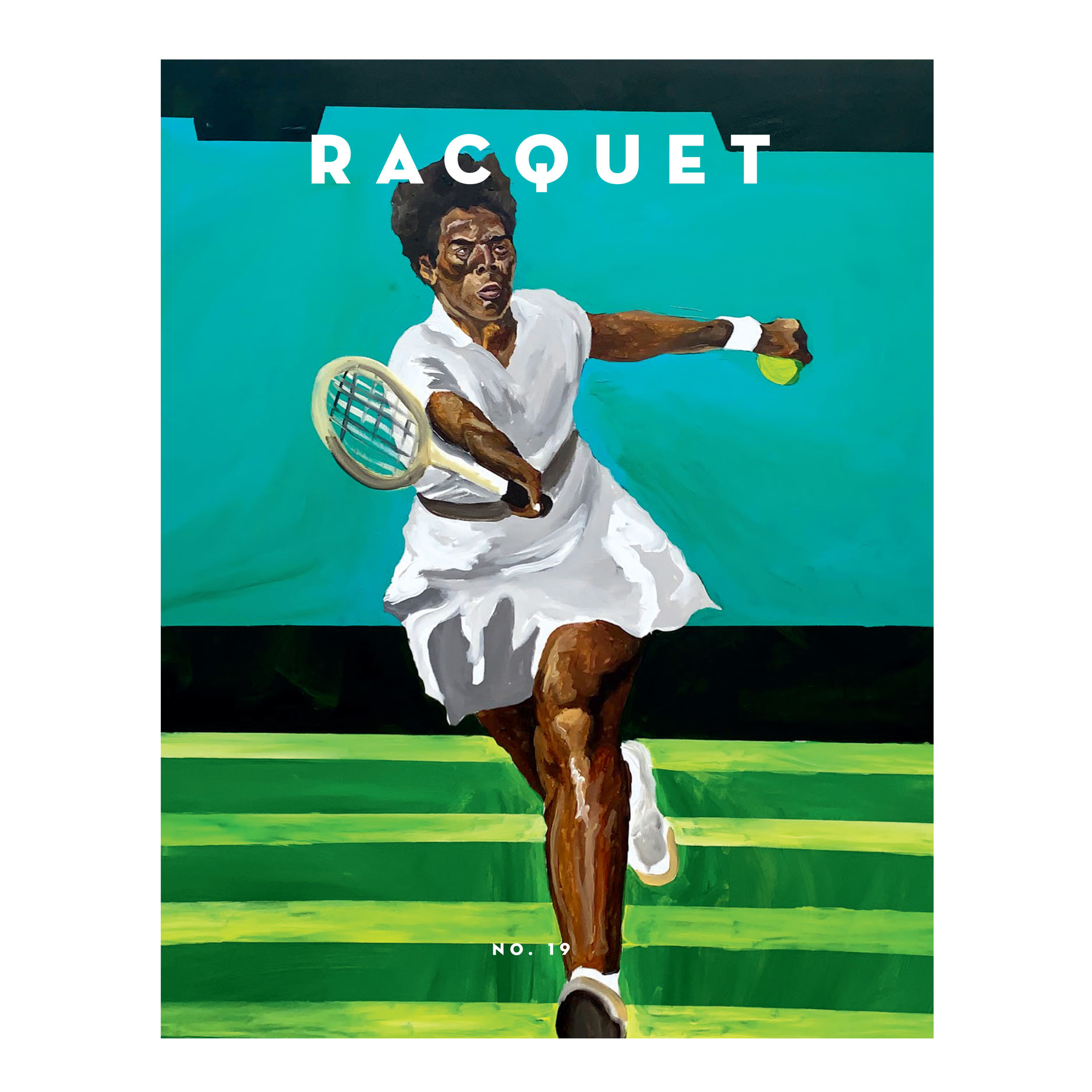By Ben Rothenberg
The draw ceremony for this year’s French Open took place on a warm spring evening Thursday inside L’Orangerie, an old greenhouse building in the gardens east of Court Philippe Chatrier. There was considerable suspense during the men’s draw, waiting to see how the troika of Novak Djokovic, Rafael Nadal, and Carlos Alcaraz, the only three men given much of a shot of winning a title here, would constellate into the draw. (They all landed together in the top half, zut alors!)
Then came the women’s draw, and as I sat and watched the names of WTA stars populate onto the screen, I wondered what meaningful suspense there could be—because only the name affixed to the very top line was going to matter here, right?
Iga Swiatek arrives at the French Open as one of the most dominant women’s No. 1s in recent memory, reeling off a run of victories that has felt like a meaningful reset for the women’s tour. She’s won 28 straight matches and five straight tournaments—and big tournaments, too: four WTA 1000 events and the prestigious Porsche Grand Prix in Stuttgart, which has been the most loaded 500 event on tour.
Swiatek took the No. 1 ranking by something like default when Ash Barty suddenly retired in March. But though Barty’s loss was inarguably a meaningful loss for women’s tennis, Swiatek has already taken the mantle to heights of hegemony that Barty arguably never did. Unlike Barty, who often wobbled near the finish line of victories, Swiatek is reliably ruthless within matches; her 28-match win streak has included 12 sets won 6–0 and another 10 sets won 6–1. She only gets better as tournaments progress, too. In the five finals she’s won during this streak, she’s conceded a maximum of five games.
So who stands a chance to beat her in Paris? Defending champion Barbora Krejcikova hasn’t played in more than three months, and practiced on Thursday with both her right elbow and left thigh heavily taped. Ons Jabeur, the Madrid champion, had her own 11-match win streak emphatically halted by Swiatek in the Rome final, 6–2, 6–2.
As much as it’s possible for Swiatek to get a tough draw given her current dominance, she did once the seeds were announced. Swiatek could face Liudmila Samsonova, the only player to take a set off her on clay this year, in the third round. In the fourth round, Swiatek could face a former French Open champion like Simona Halep or Jelena Ostapenko, who remains the last player to have beaten Swiatek, in Doha back in February.
But those options feel like reaches, the same way folks often tried to contrive imaginary suspense during Rafael Nadal’s myriad marches to the title here. I asked Nadal, who has grown friendly with Swiatek, what he recognized in Swiatek’s run, and he marveled at her margins of victory.
“She’s winning very easy,” Nadal said. “That’s special and very difficult. I saw her play a couple of matches and it seems like, today, she’s over the rest. That’s what the results say, because when somebody like her is winning the tournaments and is winning with these results, I mean, is something special, no? Happy for her. She’s fresh. She’s natural. She’s young.”
Nadal acknowledged that Swiatek’s win here as an unseeded player in 2020 had been “a big surprise,” adding that she hoped she could somehow have similarly little expectation here this time.
“The way that she’s playing this year looks unstoppable, but let’s let her play with calm and without extra pressure,” Nadal said.
The pressure always ramps up considerably, of course, at a Grand Slam tournament, and Swiatek’s winning streak came during the longest stretch of the calendar without one of them. As much as those inside the sport have marveled at Swiatek’s dominance, Grand Slam titles retain outsize importance. And even casual observers of women’s tennis will be aware of the tradition of top seeds like Dinara Safina and Caroline Wozniacki routinely slipping once the stakes changed at a major tournament.
“Truth be told, I haven’t played a Grand Slam since the streak started,” Swiatek readily acknowledged in the first answer of her pre-tournament press conference Friday, “so I guess we’re gonna see if everything I have been doing before is going to be enough. But I have really positive thoughts.”
If Swiatek doesn’t win a Grand Slam title this year, some might consider her season a disappointment despite it all. Knowing that, I asked Swiatek what success would mean for her at this tournament.
“It’s hard to say, because I don’t have any, like, goals set, reaching semifinal or a final,” she said. “I’m aware that this streak is something that may be coming to an end soon, so I don’t want to be, like, heartbroken when it’s going to happen. I think being aware of that is pretty healthy. So I’m just going to again take it match by match, as I did on previous tournaments, and we’ll see, honestly. I don’t mind, because I already have so much points and I’m pretty happy with the last tournaments that I think this season is already a success for me.”
After saying all the right things, Swiatek slipped up slightly at the end of her press conference, leaving her water bottle behind at the podium (she had, adorkably, written “IGA” on the lid). When she snuck back into the main interview room about an hour later to retrieve it, Jabeur was sitting there in the middle of her own press conference.
“So they asked me how to beat you, can you answer them?” Jabeur asked Swiatek. “I mean, I couldn’t find the answer.”
“You could’ve put something in here,” Swiatek said, holding up her bottle.
When you’re able to admit that you’re playing well enough that your opponents’ best option is to poison you, it’s safe to say you’re handling the moment pretty well.
Above: Iga Swiatek says “Hi from Paris.” (Getty)



